Since its independence, Tunisia has made significant progress towards promoting gender equality, reforming family law, and eliminating gender-based discrimination in education and employment. Women’s empowerment has been a particular focus. Recent progress in female political representation is a symbol of women’s empowerment.
What the United Nations is Doing in Tunisia to Empower Women
The United Nations has played a vital role in women’s empowerment in Tunisia. UN agencies have successfully completed the projects with a particular focus on women’s empowerment.
For example, the United Nations Economic Commission for Africa (ECA), in partnership with the Ministry of Women, Family, Childhood and Seniors of Tunisia and the Ministry of Communication Technologies of Tunisia, structured a national workshop in September 2023 on “Digital upskilling of women and girls in Tunisia” to promote women education in Tunisia that is a significant step for women empowerment.
The aim of this project was to build capacity in digital skills, including e-commerce, online outreach, digital marketing, and cybersecurity, with particular focus on promoting the use of digital skills among women and girls.
This initiative has supported educational inclusion by ensuring women’s access to learning digital skills and the provision of employment pathways in the digital economy.
In addition, the Nexus Skills & Jobs for Youth Project (under the broader TRACE Tunisia Rural and Agricultural Chains of Employment Program) was launched in 2023 with a particular focus on promoting the economic inclusion of women and youth in Tunisia’s agri-food sector.
Also Read: How the United Nations Promotes Women Empowerment in Uganda
The primary objective of this project was to modernize the vocational training centers (under the Agency for Vocational Training in Agriculture (AVFA)) and align curricula with the needs of the private sector, ensuring that at least 50 percent of the trainees are women.
Also, the EmpowerHer initiative (led by the World Bank in collaboration with the Tunisian government and civil society has worked with women artisans in interior regions of Tunisia to build digital tools and to train youth to develop them and to promote women’s access to markets.
According to the Centre for Research, Studies and Documentation on Women (CREDIF) and UN records, Tunisia’s policy on women & gender equality emphasizes education and training with the provision of equal opportunities at all levels of education, reducing illiteracy, and promoting scientific education with a particular focus on girls’ education.
“Women’s high rate of unemployment and limited participation in economic life make them more vulnerable to poverty, especially in rural areas,” UN Women
Recent Initiatives:
A recent initiative by the Tunisian Ministry of Women (Family, Women, Children & Seniors) announced in July 2025 includes a competition for the recruitment of new educators affiliated with the Ministry of Youth & Sports and the Women’s Ministry, with a particular focus on strengthening preschool & early childhood education across the country.
Challenges:
It’s important to further strengthen the initiatives for women’s empowerment in the field of education and vocational training.
Access to financial resources, credit, and entrepreneurship opportunities may be further enhanced.
The Way Forward:
Women’s empowerment in Tunisia remains a crucial aspect of achieving sustainable development, social justice, and inclusive growth.
Despite progress in education, political representation, and economic participation, women’s empowerment still requires further focus, particularly in education and vocational training.
To strengthen women’s empowerment, a multi-dimensional approach is needed.
Initiatives and Challenges in Comoros
Comoros is located off the coast of East Africa near the northern section of the Mozambique Channel. It comprises more than 800,000 people.
For years, it has been known as one of the poorest countries in the entire world.
The Comorian government is actively pursuing several initiatives that directly or indirectly support women’s education and girls’ schooling.
Also Read: Why Women in Africa Need Higher Education Empowerment
In Comoros, more than half of the population is female. The legal framework supports the equality and empowerment of women.
Role of UNESCO:
According to a UNESCO report of 2024, “Comoros, like many other African countries, is facing a learning crisis. Learning poverty, the share of children who are unable to read and understand an age-appropriate text by age 10, is estimated by the World Bank, UNESCO, and other organizations to be 86 percent.
This is in part because out-of-school children are unlikely to achieve reading proficiency. But it mostly results from the fact that children enrolled in primary school could be learning poorly. It is imperative to improve the quality of the education provided in schools.”
Because of male dominance in schooling, educational access for girls is limited. However, important steps occurred after the implementation of the National Gender Equity and Equality Policy (PNEEG) in 2007, which guaranteed equal educational opportunities of education for both girls and boys.
Challenges
Women’s access to key productive resources is constrained. For example, land ownership, credit, and formal employment remain less accessible for women.
Women play important roles in household and community welfare. It’s important to ensure the provision of educational opportunities for both girls and boys in the field of education and job opportunities.
Completion rates for women lag behind those of men in primary and secondary schooling, which needs to be further addressed.
The Way Forward:
Promote girls’ education at all levels through scholarships, awareness campaigns, and the creation of safe school environments.
Expand vocational training programs that equip women with practical skills in entrepreneurship, agriculture, technology, and health.
It’s important to integrate gender studies and women’s rights education into the national curriculum to promote equality from an early age.
Follow our WhatsApp Channel and X Account for real-time news updates.



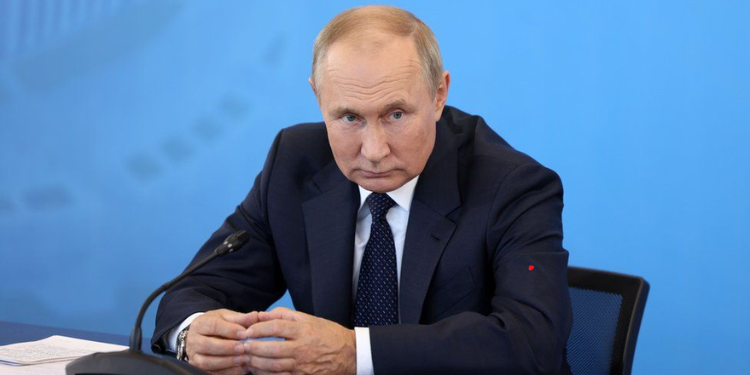

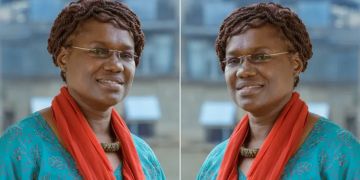
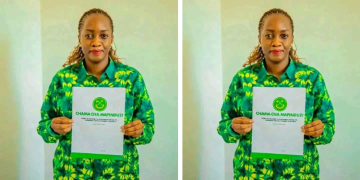
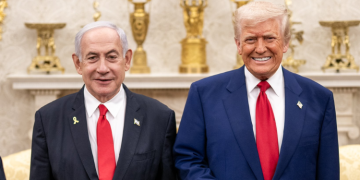









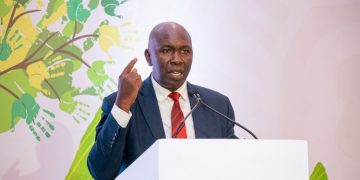
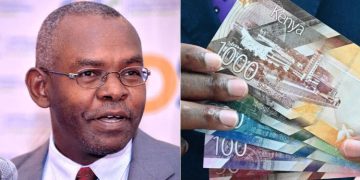

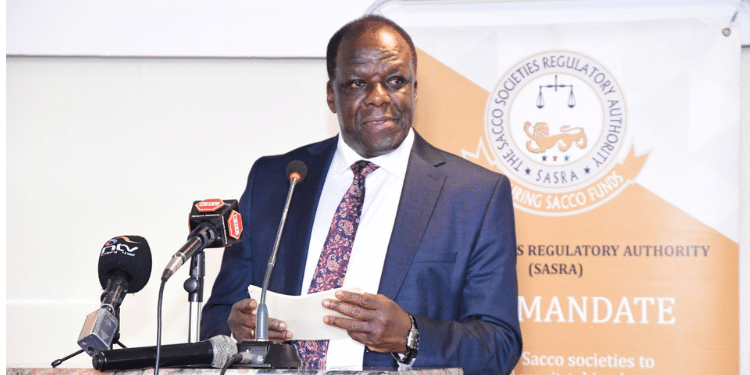



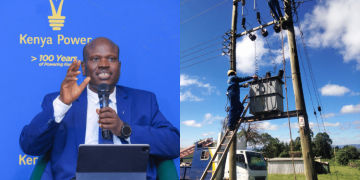
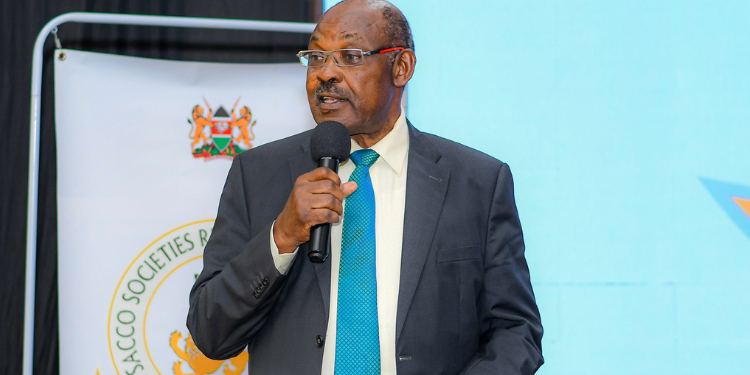





























![Senator Allan Chesang And Chanelle Kittony Wed In A Colourful Ceremony [Photos] Trans Nzoia Senator Allan Chesang With Channelle Kittony/Oscar Sudi]( https://thekenyatimescdn-ese7d3e7ghdnbfa9.z01.azurefd.net/prodimages/uploads/2025/11/Trans-Nzoia-Senator-Allan-Chesang-with-Channelle-KittonyOscar-Sudi-360x180.png)



















